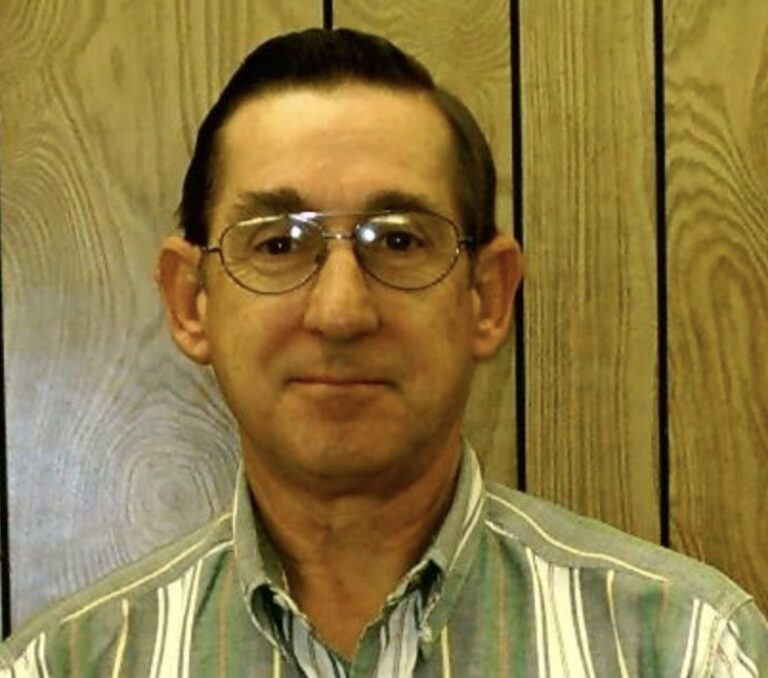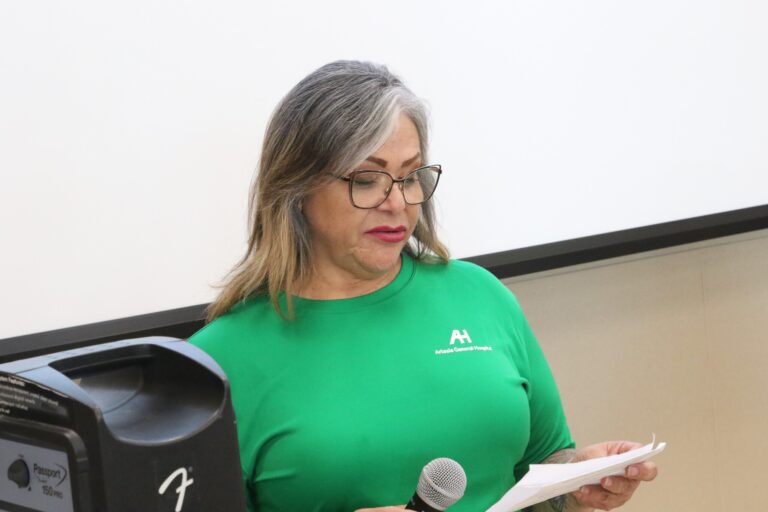How might we approach Holy Week?

By: Pastor David Grousnick
A little boy was sick on Palm Sunday and stayed home from church with his mother. His father returned from church holding a palm branch. The little boy was curious and asked, “Why do you have that palm branch, dad?”
“You see, when Jesus came into town, everyone waved Palm Branches to honor him, so we got Palm Branches today.” The little boy replied, “Aw Shucks! The one Sunday I miss is the Sunday that Jesus shows up!”
This Sunday is Palm Sunday and it celebrates Jesus’ triumphal entry into Jerusalem, as described in Luke 19:28-44. Palm Sunday is the lead into Holy Week and seven days that changed the world.
The seven days of Holy Week have been the topic of a million of publications, countless debates, and thousands of films. These seven days have inspired the greatest painters, the most skilled architects, and the most gifted musicians. To try and calculate the cultural impact of these seven days is impossible.
But harder still would be an attempt to account for the lives of men and women who have been transformed by them. And yet these seven days as they played out in Jerusalem were of little significance to anyone, but a few people involved.
What happened on those seven days? Let’s summarize:
1. On Sunday the first of the seven days, Jesus rode into Jerusalem on a donkey to the shouts of Hosanna, fulfilling an old prophecy in Zechariah 9:9.
2. On Monday he walked into the Jerusalem Temple overturning tables where money exchange occurred, Roman drachmas were being exchanged for Jewish shekels. Roman coins were not allowed. The image of Caesar was a violation of the second commandment. But the Temple authorities were using the Commandment as means to cheat the people and making the Temple a place of profit rather than a place of prayer.
3. On Tuesday Jesus taught in parables, warned the people against the Pharisees, and predicted the destruction of the Temple.
4. On Wednesday, the fourth day, we know nothing. The Gospel writers are silent. Perhaps it was a day of rest for him and his weary and worried disciples.
5. On Thursday, in an upper room, Jesus celebrated the Passover meal with his disciples. But he gave it a new meaning. No longer would his followers remember the Exodus from Egypt in the breaking of bread. They would remember his broken body and shed blood. Later that evening in the Garden of Gethsemane he agonized in prayer at what lay ahead for him.
6. On Friday, the fifth day, following betrayal, arrest, imprisonment, desertion, false trials, denial, condemnation, beatings and sentencing, Jesus carried his own cross to “The Place of the Skull,” where he was crucified with two other prisoners.
7. On Saturday, Jesus lay dead in a tomb bought by a rich man named Joseph.
8. On Sunday, his Passion was over, the stone had been rolled away. Jesus was alive. He appeared to Mary, to Peter, to two disciples on the road to Emmaus, and to the 11 disciples gathered in a locked room. His resurrection was established as a fact.
Back then these seven days were called Passover, as it is still called today by the Jews. Christians around the world know these seven days as Holy Week, the Passion of the Christ.
So, how might we approach Holy Week?
At a pre-concert lecture, the conductor of a symphony orchestra was telling the audience about the major work that the orchestra would be performing at that evening’s concert. The conductor told the people that if they listened carefully to the music, they would discover that it was both surprising and inevitable.
On the one hand, the musical score would take a fair number of rather jarring and unexpected twists. There would be points in the concert when the blare of the trumpet or the sudden rolling of the timpani would seem to come from out of nowhere in a surprising fashion.
On the other hand, however, the conductor noted that in the long run, these surprises would themselves become part of a larger coherence. Once listeners heard the entire piece from start to finish, they would find in the music an air of inevitability–how could it ever have been written any differently?
Surprising and inevitable.
Palm Sunday and the events of Holy Week are both surprising and inevitable. The truth is that we are not completely sure what to make of Palm Sunday. After forty days of Lenten travel that have often focused on serious and sometimes dark subjects, suddenly we arrive at a day that seems at first blush to be surprisingly cheery.
The Palm Sunday parade has color and spectacle, cheering and singing, festive voices and joyful exuberance. This seems like a happy day. Yet it would be completely appropriate if you were to ask, “What in the world is this day doing here given how close we are now to the cross!?”
Is Palm Sunday a bright spot in the midst of the otherwise darker hues of Lent? Are we, for just a little while this Sunday, supposed to forget about all things dreary so that we can cry out some full-throated “Hosannas!”?
Or is there also a sadness to this day that we must bear in mind?
I offer these thoughts for your consideration and contemplation this Sunday and during the week to come! Have a great weekend!
David Grousnick, is the Pastor at the First Christian Church in Artesia.



